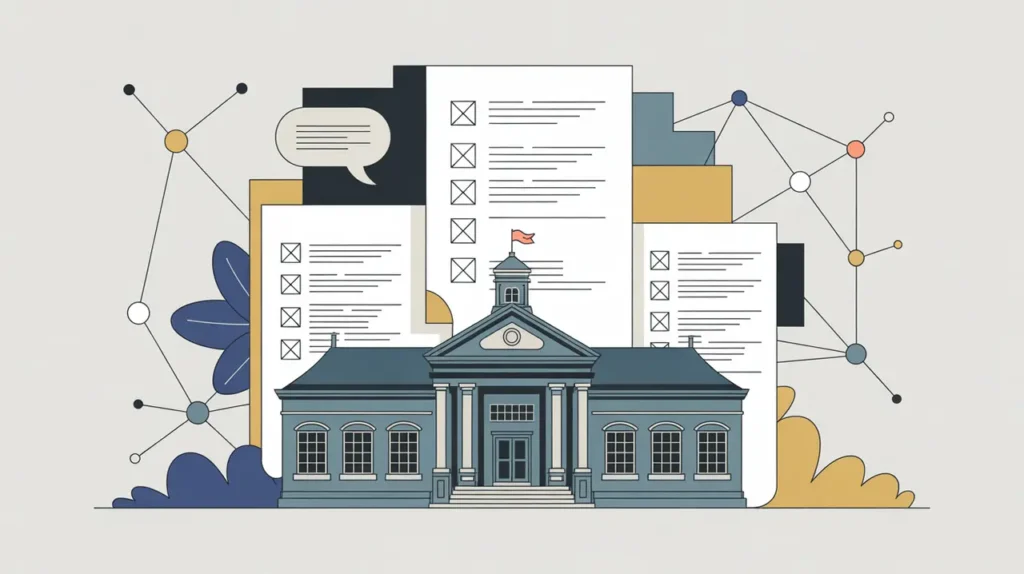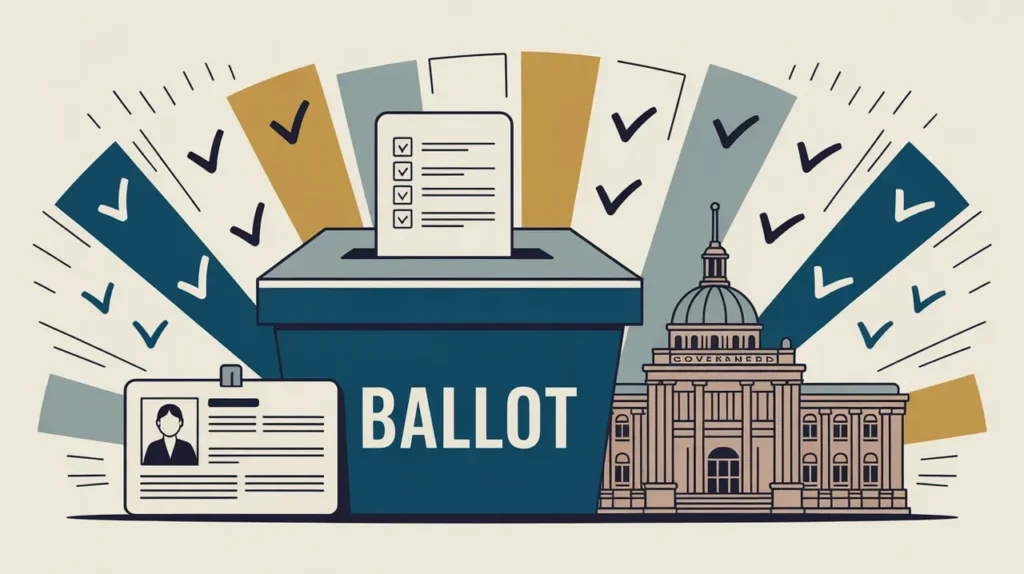Importance of Advocacy
Advocacy is a cornerstone of social innovation and international development because it translates community needs and systemic challenges into influence on policy, funding, and public awareness. Nonprofits and civic actors rely on advocacy to elevate marginalized voices, shape legislation, and redirect resources toward social good. In contexts where proximity to decision-making is uneven, advocacy provides a channel for accountability and for ensuring that development agendas reflect diverse perspectives.
Definition and Features
Advocacy refers to the deliberate effort to influence decision-makers, policies, and public opinion in order to advance specific causes or social outcomes. Its defining features in the nonprofit and development context include:
- Voice and Representation: amplifying the perspectives of proximate communities.
- Policy Influence: engaging legislative, regulatory, and international bodies.
- Coalition Building: forming alliances across civil society, government, and private sector.
- Campaigning: mobilizing public opinion through storytelling, media, and digital channels.
How this Works in Practice
In practice, advocacy takes many forms: lobbying governments for policy change, running grassroots campaigns to shift social norms, or using data and evidence to persuade funders. For instance, a global health NGO may advocate for increased vaccine funding by combining technical reports with human stories and coalition pressure on policymakers. Tools such as policy briefs, public demonstrations, social media campaigns, and international convenings help translate proximate experiences into policy action.
Implications for Social Innovation
Advocacy shapes the enabling environment in which social innovation takes place. Effective advocacy ensures that innovations do not remain isolated pilot projects but instead gain traction within broader systems. For proximate actors, advocacy is a means of claiming agency and negotiating power in arenas that often exclude them. It strengthens democracy, redirects resources, and enables systemic reforms that make local solutions scalable. At the same time, advocacy demands balance: it requires integrity in representation, clarity in evidence, and accountability to the communities on whose behalf it speaks.







